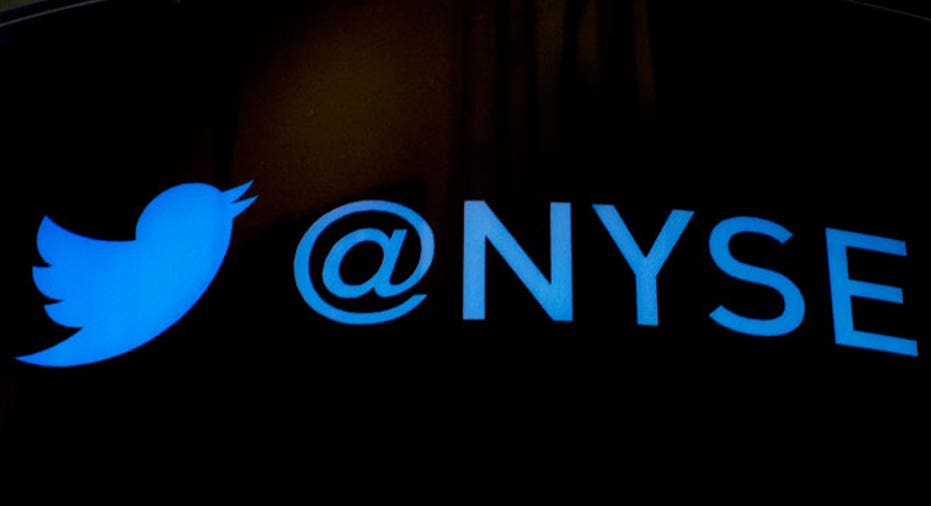Twitter's No.1 IPO Goal: Don't Become Facebook

As Twitter Inc's (NYSE:TWTR) chief financial officer planned the company's initial public offering this year, he had one overriding goal: to avoid becoming the next Facebook Inc (NASDAQ:FB).
Twitter CFO Mike Gupta grilled banks about how to sidestep the problems that beset Facebook's IPO from start to finish, asking detailed questions about everything from how to pick an exchange to how to communicate with analysts.
"They were really information and data hogs," said one person who worked on the process. "They wanted a lot of different perspectives and to make sure that they did this right."
In the end, Twitter made different choices from its rival social networking site. Facebook selected Morgan Stanley (NYSE:MS) as its lead underwriter, while Twitter picked Goldman Sachs (NYSE:GS). Facebook listed on Nasdaq, where trading glitches marred the initial hours of trading, while Twitter listed on the New York Stock Exchange.
Twitter made sure its shares were sold for a low enough price to attract strong interest and keep shares high in their early days of trading, after Facebook's shares dropped in the days after its IPO.
Bankers said Gupta and Twitter's director of investor relations Nils Erdmann also looked closely at what worked - and what did not - for other Internet companies that went public, including Pandora Media Inc (NYSE:P), Zynga Inc (NASDAQ:ZNGA) and LinkedIn Corp (NASDAQ:LNKD).
A key player in the IPO was Goldman's lead Twitter banker, Anthony Noto. The New York-based Noto was a former top ranked equity research analyst who left Goldman in 2008 to serve as an executive for the National Football League. He rejoined the firm just two years later to serve as the co-head of global technology, media and telecom investment banking.
Noto has built the team into the number one U.S. underwriter for tech IPOs so far this year, over Morgan Stanley and rival banker Michael Grimes who led the Facebook IPO, as well as other high profile deals including Google (NASDAQ:GOOG) and LinkedIn.
Goldman has taken over 16 technology companies public since January, including software darling Tableau Software Inc . For the same period last year Goldman was fifth, according to Thomson Reuters data.
Those that have worked with Noto praise his low-key, no-nonsense style.
"Every banker talks about wanting to build a relationship but after you do a deal with them, you are dropped like yesterday's newspaper," said Ed DiMaria, the chief financial officer of Bankrate Inc who first worked with Noto when he helped take his company public in June 2011. "With Anthony, it's not about getting paid or the next deal - it's about the relationship and how he can be helpful to the company."
Twitter could not be reached for immediate comment. Goldman Sachs and Morgan Stanley declined to comment.
TAKING RIVALS BY SURPRISE
Goldman quietly began working with Twitter in May, helping the company to draft its S-1 registration statement and submit it confidentially to regulators. News in late August that the company's IPO was already underway caught most other investment banks by surprise.
There was no formal pitch process to fill out the rest of the syndicate, bankers said, as other banks - Morgan Stanley, JPMorgan (NYSE:JPM), Bank of America (NYSE:BAC) and Deutsche Bank - were approached by the company and told that they needed a credit commitment if they wanted to be part of the deal.
The company delved into areas many companies rarely consider, including how its shares should be allocated among the underwriters, and whether overpricing or underpricing a deal would hurt its brand.
Noto and his team were loath to take any risks that would jeopardize the deal such as putting too many shares in the hands of retail investors that would flip the stock on the first day of trading.
In the end, Noto got his wish as half of the 70 million shares that Twitter sold during the IPO ended up in the hands of large long-term holders.
Twitter decided to price its IPO at $26, a relatively conservative figure as underwriters were weighing pricing the deal at as high as $28, according to investors. But underwriters decided that it made sense to price the deal at a lower point and leave room for a larger first day pop rather than follow in Facebook's footsteps even if it meant leaving more than $1 billion on the table.
Facebook, which priced its deal at $38, saw underwriters battle to keep its shares from dipping below the IPO price on the first day of trading. The shares continued to drop to fall as low as $17.55 in the months following the company's public debut. It took over a year for the stock to recover.



















